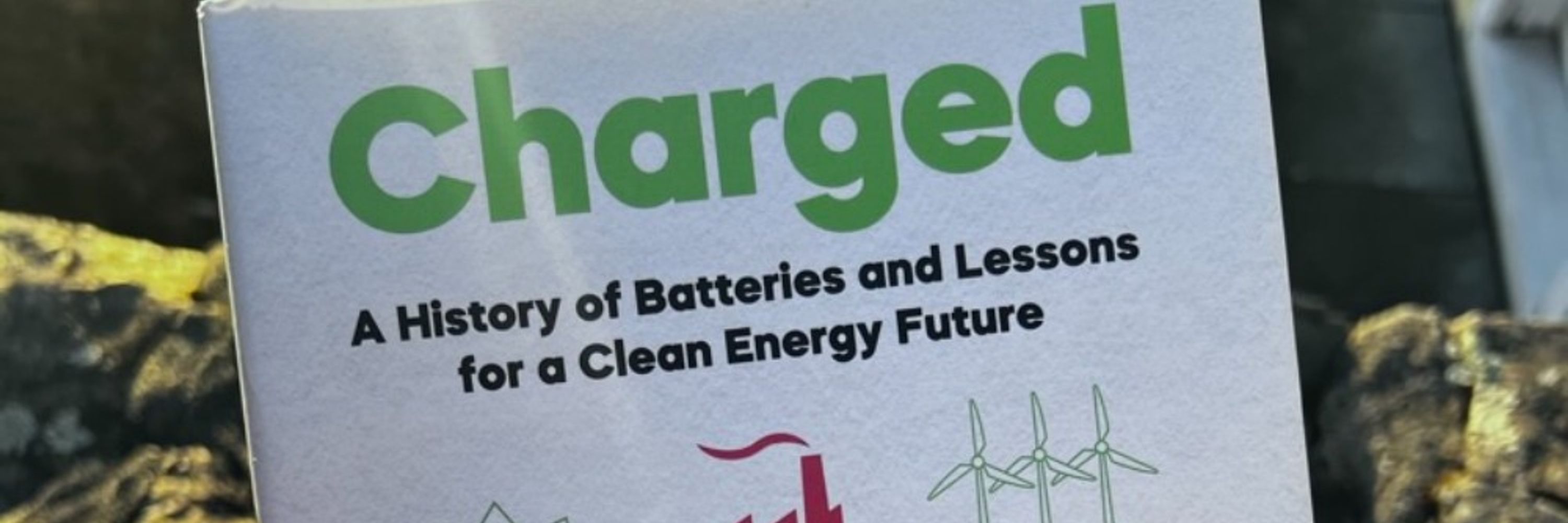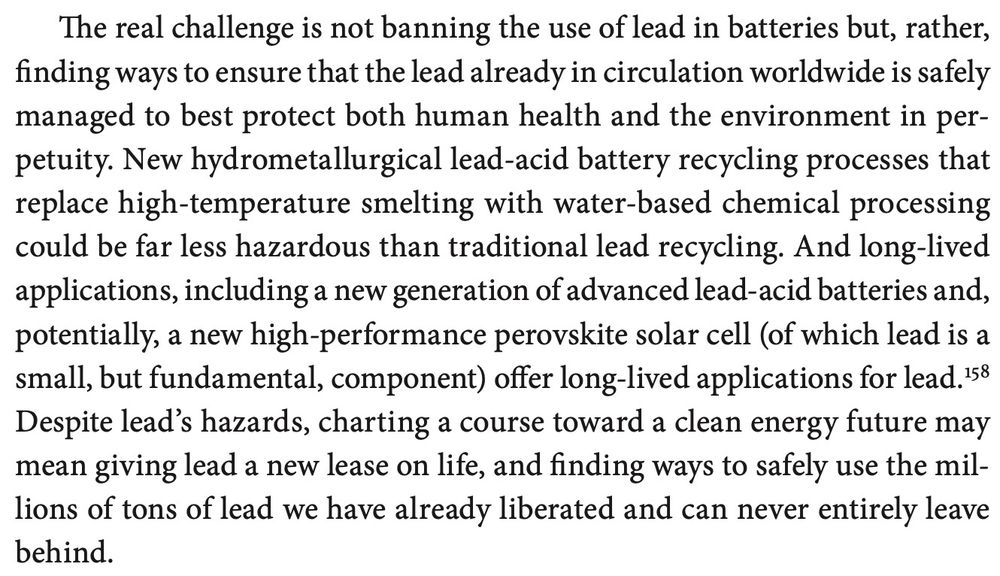
See the first chapter of my book, Charged: A History of Batteries and Lessons for a Clean Energy Future.
www.charged-the-book.com

See the first chapter of my book, Charged: A History of Batteries and Lessons for a Clean Energy Future.
www.charged-the-book.com
www.nytimes.com/2025/11/25/w...

www.nytimes.com/2025/11/25/w...
www.okinternational.org/lead-exposur...
www.okinternational.org/lead-exposur...
It is these hidden and human consequences of the lead recycling industry that the @nytimes.com is daylighting.
www.nytimes.com/video/world/...

It is these hidden and human consequences of the lead recycling industry that the @nytimes.com is daylighting.
www.nytimes.com/video/world/...
Let us know what we are missing, what we’ve got wrong, and what needs updating. 🔌💡
Access our dataset and dashboard here:
www.the-big-green-machine.com

Let us know what we are missing, what we’ve got wrong, and what needs updating. 🔌💡
Access our dataset and dashboard here:
www.the-big-green-machine.com
www.the-big-green-machine.com/search
www.the-big-green-machine.com/search

Toyota batteries in North Carolina. 🔋
Redwood Materials in South Carolina. ♻️
Rivian Supplier Park in Illinois. 🛻
Vulcan Rare Earth Facility in North Carolina. ♻️
First Solar in South Carolina. 🔆
Details in our dataset:
docs.google.com/spreadsheets...

Toyota batteries in North Carolina. 🔋
Redwood Materials in South Carolina. ♻️
Rivian Supplier Park in Illinois. 🛻
Vulcan Rare Earth Facility in North Carolina. ♻️
First Solar in South Carolina. 🔆
Details in our dataset:
docs.google.com/spreadsheets...
We are now tracking 99 projects, $57.4B in investment, and 58,982 jobs that have started construction, begun operations, or been newly announced since Trump took office.

We are now tracking 99 projects, $57.4B in investment, and 58,982 jobs that have started construction, begun operations, or been newly announced since Trump took office.
GM-SDI in Indiana. 🔋
Exxon Lithium in Arkansas. ⛏️
Ultium in Tennessee. 🔋
Ultium in Ohio. 🔋
GM Factory Zero in Michigan. 🚗
Ford River Rouge in Michigan. 🚗
Gotion in Michigan.🔋
See the full details in our dataset:
docs.google.com/spreadsheets...

GM-SDI in Indiana. 🔋
Exxon Lithium in Arkansas. ⛏️
Ultium in Tennessee. 🔋
Ultium in Ohio. 🔋
GM Factory Zero in Michigan. 🚗
Ford River Rouge in Michigan. 🚗
Gotion in Michigan.🔋
See the full details in our dataset:
docs.google.com/spreadsheets...



Use WINTER25 at checkout for the discount. #energysky
uwapress.uw.edu/book/9780295...

Use WINTER25 at checkout for the discount. #energysky
uwapress.uw.edu/book/9780295...
This is a key point of my book, Charged: A History of Batteries and Lessons for a Clean Energy Future, which follows that story from lead-acid to li-ion batteries.

This is a key point of my book, Charged: A History of Batteries and Lessons for a Clean Energy Future, which follows that story from lead-acid to li-ion batteries.
It took me decades to shake off this mindset. Much of my bike commute now happens on a sidewalk!
I think that guy's video is the dissertation on this topic.
It took me decades to shake off this mindset. Much of my bike commute now happens on a sidewalk!
I think that guy's video is the dissertation on this topic.






